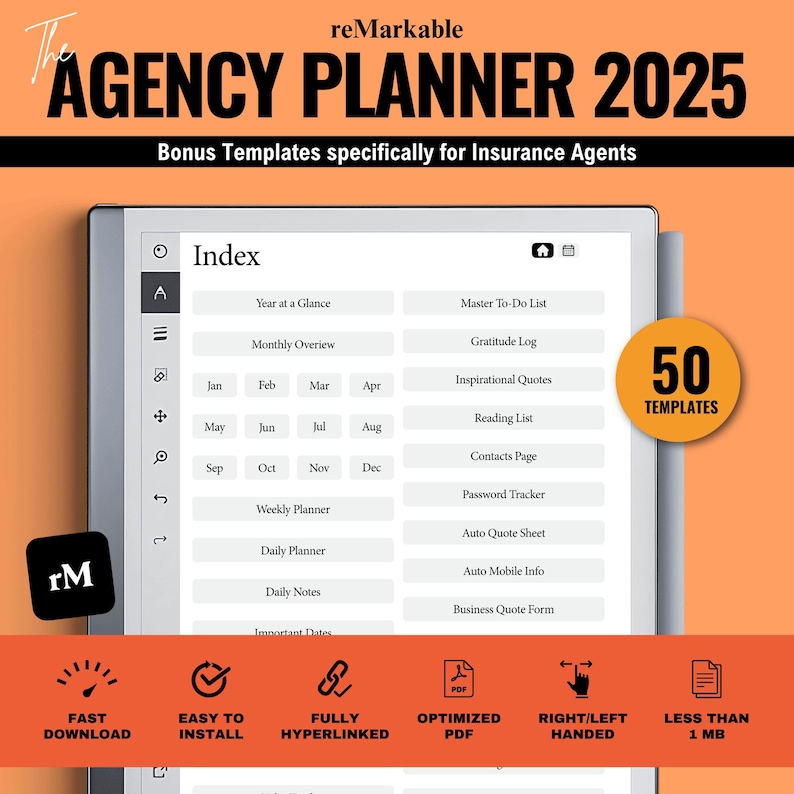Welcome to our friendly guide on Fair Rental Income Protection! Whether you’re a seasoned landlord or just dipping your toes into the world of property rental, understanding how to safeguard your rental income is key to maintaining a smooth and stress-free experience. In this article, we’ll break down the essentials of Fair Rental Income Protection in simple, straightforward terms—no legal jargon, no confusion. Think of this as your go-to resource for protecting your rental income, so you can enjoy the benefits of your investment with peace of mind. Let’s dive in!
Table of Contents
- Understanding the Basics of Fair Rental Income Protection
- How Fair Rental Income Coverage Works in Real Life
- Common Scenarios Where Rental Income Protection Saves the Day
- Tips for Choosing the Right Fair Rental Income Protection Plan
- Concluding Remarks
Understanding the Basics of Fair Rental Income Protection
When it comes to protecting your rental income, it’s essential to grasp the fundamental aspects that make Fair Rental Income Protection a smart choice. Simply put, this type of coverage safeguards landlords against unexpected losses in rental income, often triggered by property damage or situations where the property becomes temporarily uninhabitable. This insurance acts as a financial safety net, ensuring that you continue to receive rental payments even when your property isn’t generating income due to covered events.
Understanding what this protection covers can help you feel more secure as a landlord. Typically, fair rental income protection includes coverage for:
- Loss of rental income due to fire, storm, or other insured damages
- Costs related to temporary repairs necessary for tenant safety
- Additional expenses required to keep the rental unit habitable during repairs
Knowing these key points empowers you to make informed decisions and maintain peace of mind, even when unforeseen circumstances arise.
How Fair Rental Income Coverage Works in Real Life
Imagine you own a cozy rental property that suddenly becomes uninhabitable due to unforeseen damage, like a fire or storm. While your tenant moves out temporarily, your income takes a hit. This is where fair rental income coverage steps in to save the day. It essentially acts as a financial safety net, reimbursing you for the lost rent during the repair period. Whether your rental property is a single-family home, an apartment, or even a commercial space, this protection helps ensure your cash flow remains stable despite interruptions.
Here’s how it generally works in practice:
- Event triggers the claim: Damage caused by a covered peril makes the property unrentable.
- Documentation is key: You’ll provide proof of lost rental income through lease agreements or bank statements.
- Coverage activation: Your insurer calculates the lost rent during the downtime and reimburses you accordingly.
This mechanism provides peace of mind, letting you focus on restoring your property without the added stress of financial losses. Plus, it’s customizable—meaning you can often tailor the coverage limits and time period to suit your specific rental business needs.
Common Scenarios Where Rental Income Protection Saves the Day
Imagine your tenant unexpectedly moves out due to job relocation or unforeseen personal circumstances. Without rental income protection, this gap in tenancy could mean a direct hit to your finances. In such cases, this type of coverage steps in, ensuring you don’t suffer a loss while you find a new tenant. It’s like having a financial safety net that keeps your cash flow steady, even when your property temporarily sits empty. Plus, if your tenant fails to pay rent, many protection plans still keep your income secure, offering peace of mind that your investment continues to work for you.
Another common scenario is when rental properties require urgent repairs after damage—be it from plumbing issues, storms, or accidental damage caused by tenants. The cost and time taken to fix these can delay rental payments significantly. Here’s where rental income protection proves invaluable. It covers lost rent during these unavoidable business interruptions, allowing you to focus on restoring your property without worrying about your monthly mortgage or expenses. Key situations include:
- Tenant eviction leading to prolonged vacancy
- Major repairs after natural disasters or accidents
- Rent default due to tenant financial challenges
- Legal disputes causing rental delays
By cushioning these hurdles, rental income protection helps landlords maintain financial stability amidst the unpredictability of property leasing.
Tips for Choosing the Right Fair Rental Income Protection Plan
When selecting a fair rental income protection plan, it’s vital to look beyond just the price tag. Consider coverage limits—does the policy adequately cover your expected rental income, or will you be left vulnerable to gaps? Also, check for waiting periods and how long the protection lasts, as shorter waiting times and longer coverage can save you from unexpected financial stress. Don’t overlook the policy’s flexibility either; life is unpredictable, and the ability to adjust your plan according to changing rental conditions can be a huge advantage.
Another key aspect is understanding what causes of income loss are covered. Some plans might exclude issues like tenant disputes or property damage, so clarity here is crucial. It’s helpful to gather reviews or ask providers about their claim processing efficiency—after all, the best plan can only serve you well if claims are settled swiftly and fairly. Keep these points in mind, and you’ll find a plan that feels like a trusted safety net rather than just another expense.
Concluding Remarks
And there you have it—a simple, friendly rundown on fair rental income protection! Navigating the world of rental income can feel a bit tricky, but with the right knowledge, you’re well on your way to safeguarding your earnings and enjoying peace of mind. Remember, it’s all about understanding your options and making choices that fit your unique situation. Thanks for hanging out and learning with me—here’s to smart renting and stress-free income! If you have any questions or want to share your own experiences, drop a comment below. Happy renting!






